-
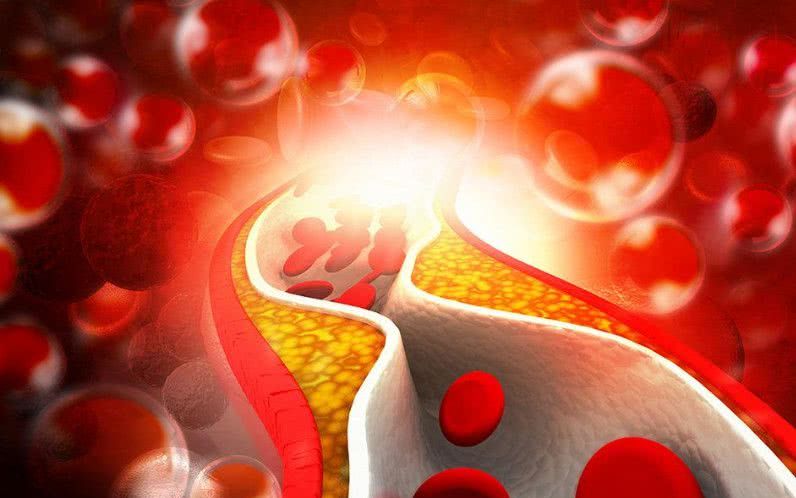
The New Clinical Application of D-Dimer Part Three
Application of D-Dimer in oral anticoagulant therapy: 1.D-Dimer decides on the course of oral anticoagulation therapy The optimal time limit for anticoagulation therapy for VTE patients or other thrombotic patients is still uncertain. Whether it is NOAC or VKA, internati...Read more -
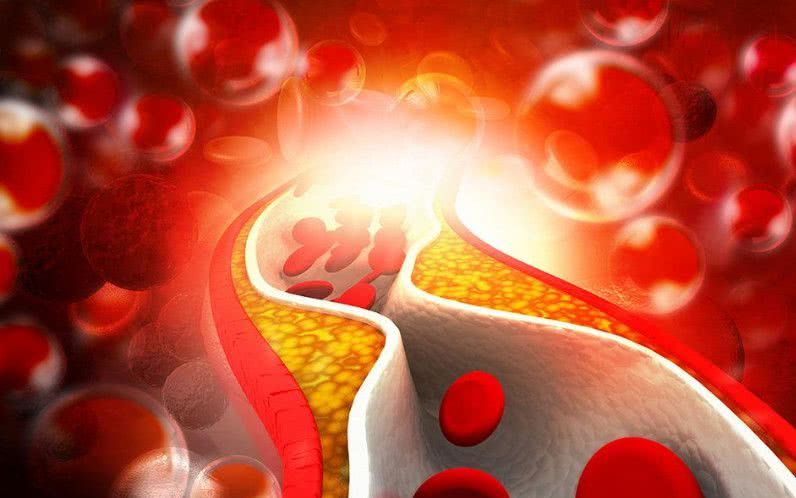
The New Clinical Application of D-Dimer Part Two
D-Dimer as a prognostic indicator for various diseases: Due to the close relationship between the coagulation system and inflammation, endothelial damage, and other non thrombotic diseases such as infection, surgery or trauma, heart failure, and malignant tumors, an incr...Read more -
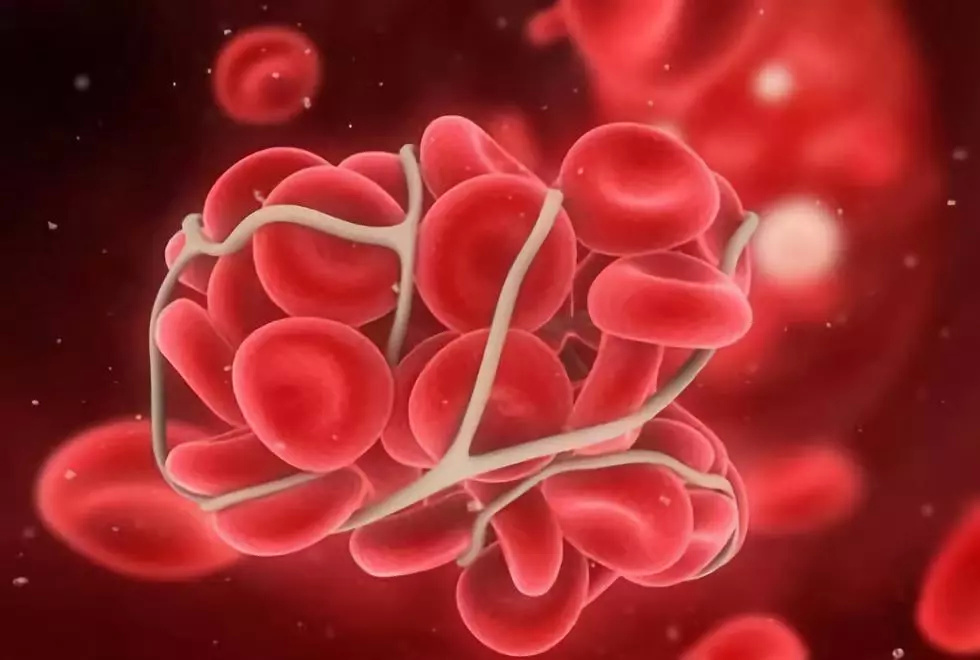
The New Clinical Application of D-Dimer Part One
D-Dimer dynamic monitoring predicts VTE formation: As mentioned earlier, the half-life of D-Dimer is 7-8 hours, which is precisely because of this characteristic that D-Dimer can dynamically monitor and predict VTE formation. For transient hypercoagulability or the forma...Read more -
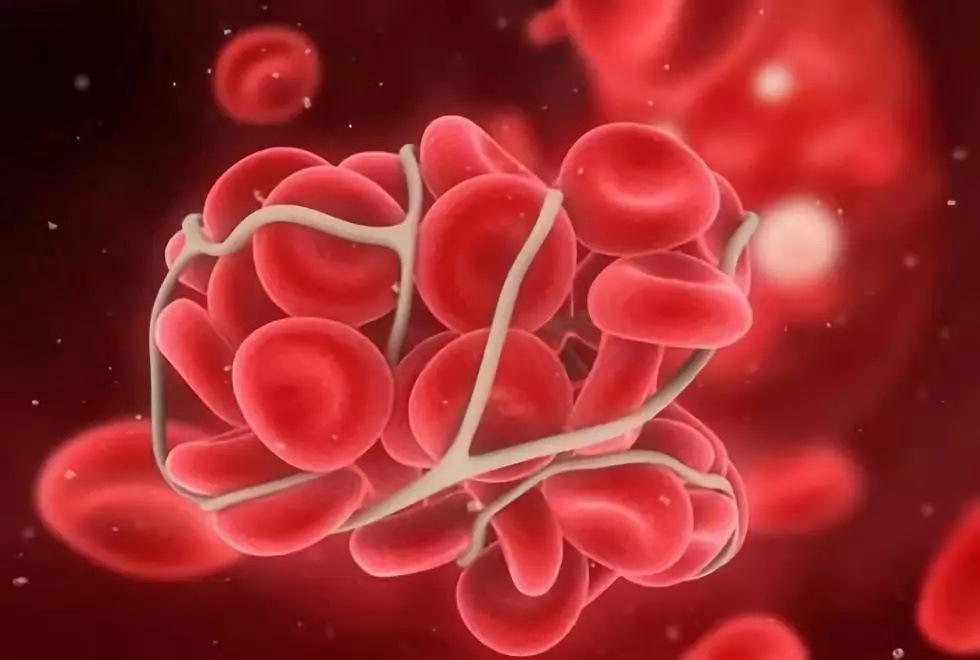
The Traditional Clinical Application of D-Dimer
1.VTE troubleshooting diagnosis: D-Dimer detection combined with clinical risk assessment tools can be efficiently used for the exclusion diagnosis of deep vein thrombosis (DVT) and pulmonary embolism (PE).When used for thrombus exclusion, there are certain requirements ...Read more -
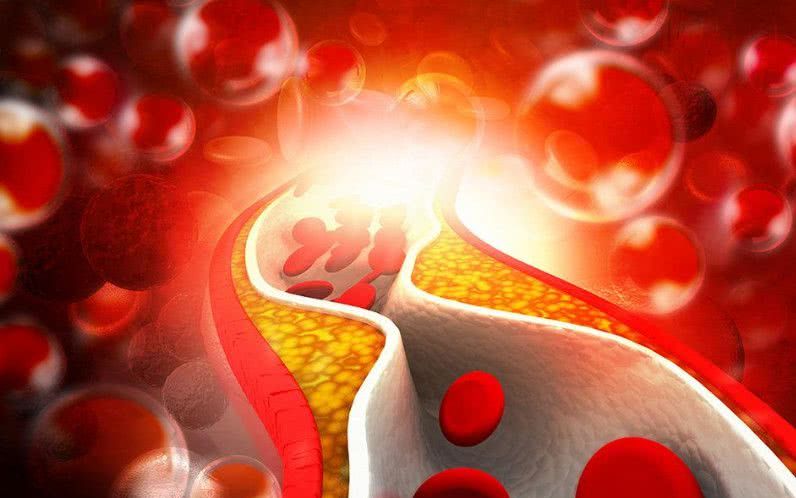
The Application Theory Foundation of D-Dimer
1. The increase in D-Dimer represents the activation of the coagulation and fibrinolysis systems in the body, which exhibits a high conversion state. D-Dimer is negative and can be used for thrombus exclusion (the most core clinical value); A positive D-Dimer cannot prov...Read more -

LiDong
Today is the beginning of winter, the grass and trees are frosting. At the beginning of the flourishing of camellia, the return of old friends. Beijing SUCCEEDER welcomes all new and old friends to visit our company. Beijing SUCCEEDER as one of the leading brands in Chin...Read more

Download
My Order
 Login/Register
Login/Register
 Login/Register
Login/Register
- English
- French
- German
- Portuguese
- Spanish
- Russian
- Japanese
- Korean
- Arabic
- Irish
- Greek
- Turkish
- Italian
- Danish
- Romanian
- Indonesian
- Czech
- Afrikaans
- Swedish
- Polish
- Basque
- Catalan
- Esperanto
- Hindi
- Lao
- Albanian
- Amharic
- Armenian
- Azerbaijani
- Belarusian
- Bengali
- Bosnian
- Bulgarian
- Cebuano
- Chichewa
- Corsican
- Croatian
- Dutch
- Estonian
- Filipino
- Finnish
- Frisian
- Galician
- Georgian
- Gujarati
- Haitian
- Hausa
- Hawaiian
- Hebrew
- Hmong
- Hungarian
- Icelandic
- Igbo
- Javanese
- Kannada
- Kazakh
- Khmer
- Kurdish
- Kyrgyz
- Latin
- Latvian
- Lithuanian
- Luxembou..
- Macedonian
- Malagasy
- Malay
- Malayalam
- Maltese
- Maori
- Marathi
- Mongolian
- Burmese
- Nepali
- Norwegian
- Pashto
- Persian
- Punjabi
- Serbian
- Sesotho
- Sinhala
- Slovak
- Slovenian
- Somali
- Samoan
- Scots Gaelic
- Shona
- Sindhi
- Sundanese
- Swahili
- Tajik
- Tamil
- Telugu
- Thai
- Ukrainian
- Urdu
- Uzbek
- Vietnamese
- Welsh
- Xhosa
- Yiddish
- Yoruba
- Zulu
More Language






 Business card
Business card Chinese WeChat
Chinese WeChat English WeChat
English WeChat